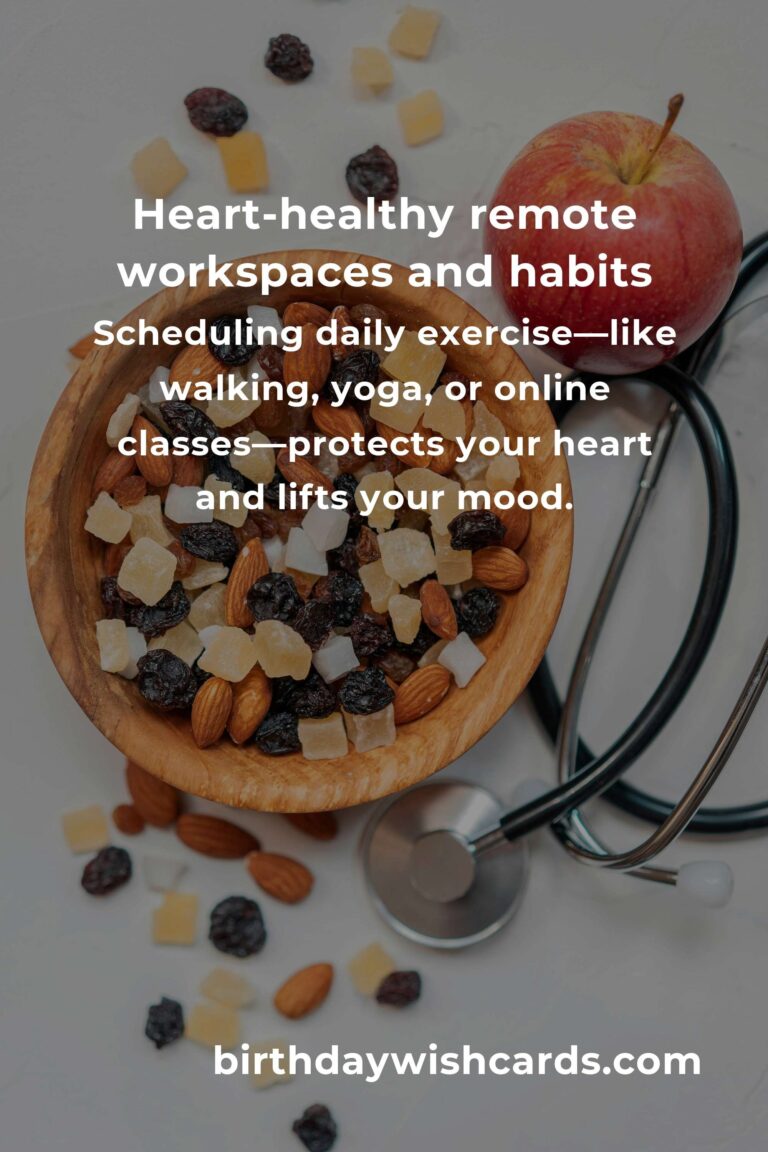
In today’s fast-paced world, stress has become a common part of everyday life. Whether it’s due to work pressure, personal challenges, or global events, managing stress is crucial for maintaining mental and physical health. Here, we present the top 30 stress management ideas that can help you lead a more balanced and serene life.
1. Practice Deep Breathing
Deep breathing is a simple yet powerful technique to reduce stress. It helps calm your mind and body by increasing oxygen supply to your brain and stimulating the parasympathetic nervous system, which promotes relaxation.
2. Engage in Regular Exercise
Physical activity is one of the most effective stress relievers. Exercise releases endorphins, the body’s natural mood enhancers, which can help alleviate stress and anxiety.
3. Try Mindfulness Meditation
Mindfulness meditation involves focusing your attention on the present moment without judgment. This practice can reduce stress, enhance emotional regulation, and improve overall well-being.
4. Maintain a Healthy Diet
A balanced diet rich in fruits, vegetables, lean proteins, and whole grains can improve your physical health and mood. Avoid excessive caffeine, alcohol, and sugar, as they can increase stress levels.
5. Get Adequate Sleep
Quality sleep is essential for stress management. Aim for 7-9 hours of uninterrupted sleep each night to help your body recover and manage stress more effectively.
6. Connect with Loved Ones
Spending time with family and friends can provide emotional support and reduce stress. Social connections are vital for maintaining mental health and resilience against stress.
7. Practice Yoga
Yoga combines physical postures, breathing exercises, and meditation to promote relaxation and stress reduction. It can help improve flexibility, strength, and mental clarity.
8. Keep a Stress Diary
Writing down your thoughts and feelings can help you identify stressors and develop coping strategies. A stress diary can provide valuable insights into patterns and triggers of stress.
9. Prioritize Tasks
Organize your tasks by importance and urgency. Prioritizing helps you tackle high-priority tasks first, reducing feelings of being overwhelmed by responsibilities.
10. Take Short Breaks
Regular short breaks during work or study sessions can help refresh your mind and increase productivity. Use these breaks to stretch, take a walk, or practice relaxation techniques.
11. Limit Screen Time
Excessive use of digital devices can contribute to stress. Set limits on screen time and engage in offline activities to reduce digital stress.
12. Practice Gratitude
Focusing on what you are thankful for can shift your mindset from negative to positive. Keeping a gratitude journal can enhance your mood and reduce stress.
13. Use Aromatherapy
Aromatherapy involves using essential oils to promote relaxation and stress relief. Oils like lavender, chamomile, and eucalyptus can help calm the mind and body.
14. Stay Hydrated
Dehydration can increase stress levels and affect cognitive function. Ensure you drink enough water throughout the day to maintain optimal hydration.
15. Engage in Creative Activities
Creative activities such as painting, drawing, or playing music can provide an outlet for stress and enhance mental well-being.
16. Laugh More
Laughter is a natural stress reliever that releases endorphins and improves mood. Watch a comedy, spend time with humorous friends, or engage in activities that make you laugh.
17. Practice Self-Compassion
Be kind to yourself during stressful times. Accept that everyone experiences stress and that it’s okay to seek help or take breaks when needed.
18. Declutter Your Space
A cluttered environment can contribute to stress. Organize your home or workspace to create a more calming and efficient environment.
19. Set Boundaries
Learning to say no and setting boundaries can prevent burnout and reduce stress. Communicate your limits clearly to others to protect your time and energy.
20. Take a Digital Detox
Unplug from digital devices periodically to reduce stress. Use this time to reconnect with nature, read a book, or engage in hobbies.
21. Practice Visualization
Visualization involves imagining a peaceful scene or positive outcome in your mind. This technique can help reduce stress and foster a sense of calm.
22. Listen to Music
Listening to soothing music can reduce stress and promote relaxation. Create a playlist of your favorite calming tunes to use during stressful times.
23. Volunteer or Help Others
Helping others can provide a sense of purpose and reduce stress. Volunteering can boost your mood and foster a sense of community.
24. Learn Time Management
Effective time management can reduce stress by helping you stay organized and focused. Use planners, apps, or lists to manage your time efficiently.
25. Practice Progressive Muscle Relaxation
This technique involves tensing and relaxing different muscle groups in sequence. It can help reduce physical tension and promote relaxation.
26. Take Up a New Hobby
Engaging in a new hobby can provide a sense of achievement and distraction from stress. Choose activities that you enjoy and that challenge you positively.
27. Reduce Caffeine Intake
High caffeine consumption can increase anxiety and stress. Limit your intake of coffee, tea, and other caffeinated beverages.
28. Practice Acceptance
Accepting situations you cannot change can reduce stress. Focus on what you can control and let go of what you cannot.
29. Use Guided Imagery
Guided imagery involves listening to a script or audio that guides you through a calming scenario. It can enhance relaxation and reduce stress.
30. Seek Professional Help
If stress becomes overwhelming, seeking professional help from a therapist or counselor can provide support and guidance. Therapy can help you develop effective coping strategies and improve mental health.
Incorporating these stress management ideas into your daily routine can significantly enhance your quality of life. Remember, it’s important to find what works best for you and make stress management a priority.
Deep breathing is a simple yet powerful technique to reduce stress. Physical activity is one of the most effective stress relievers. Mindfulness meditation involves focusing your attention on the present moment without judgment. A balanced diet rich in fruits, vegetables, lean proteins, and whole grains can improve your physical health and mood. Quality sleep is essential for stress management.
#StressManagement #Wellness #MentalHealth #Relaxation #SelfCare













